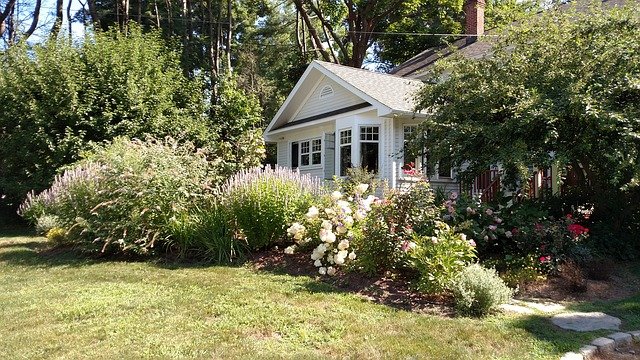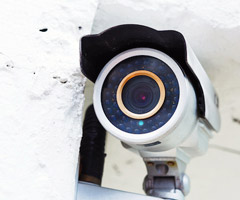
Burglars are opportunistic and will seek out any opening possible, whether that's a door, window, garage or shed. Understanding which areas of your home burglars most commonly target will help you create a fool-proof home protection plan that even the savviest intruder can't outsmart!
Daytime or nighttime?
Despite our preconceptions of burglars roaming around in the dark, a large percentage of break-ins actually happen during the day between 9 am and 5 pm. Think about it - during the day, you're at work, the kids are at school and the neighbours are probably out for the day too.
While you might be thinking - "who in their right mind would rob a house in daylight?" It's actually a lot less suspicious for someone to be approaching or roaming around your house during the day.
They could be a maintenance worker, a delivery driver or even a friend who's popping over to let the dog out. Some burglars have even been known to turn up in a disguise or with dog treats at the ready to make entering someone's home as easy as possible!
How do burglars get in?
Most burglars are not criminal masterminds and they want to get in and out of your property as quickly and easily as possible. For that reason, they'll target the most accessible points first! So, where do burglars enter?
Doors
First things first, they'll try your front door or the back door to see if they've been left unlocked. If either of them is open they've got easy access to your home and can slip inside without looking suspicious at all.
First-floor windows
If the doors are locked, they'll usually look for downstairs windows that are slightly ajar. They might go around the back of the house to make sure neighbours and passers-by don't see them.
Garages
Unsurprisingly, garages are a popular target for burglars. Homeowners frequently forget to lock their garages, and if a burglar can make their way inside, they can grab a few valuable items like lawnmowers, power washers and tools with little trouble.
Sheds and outhouses
Burglars aren't good at walking away from places empty-handed. So, if they can't get into your house they might try and break-in to sheds or outhouses in your garden. Homeowners sometimes store bikes and other valuable items in there, even though the security of these spaces tends to be poor.
Signs that you're away from home
When choosing a property to burgle, they'll look for obvious signs that the home is empty. This includes things like:
- Parcels or letters that haven't been picked up
- Bins left out for collection
- Gardens that haven't been looked after
- Social media posts stating that people are on holiday/away from home
- Homes without security measures in place

Protecting your home
So, now that you know how burglars enter properties, and the signs they lookout for, you can think about the best way to protect your home. Here at IDS Security, we offer a comprehensive range of home security systems to help prevent burglaries and keep your home secure.
One of the simplest additions you can make to your home to prevent burglaries is an intruder alarm. These will alert passers-by and (with our maintenance contracts) can be monitored around the clock!
For added protection, you could incorporate a CCTV or door entry system. These will give you peace of mind that you can see and control who has access to your home even when you're away. Having a home security system installed is also a great way to deter burglars in the first place!
Read More: Home Security Tips
If you want to improve your home security, speak to our expert engineers. We can help you design a bespoke home security system that covers all of your house's vulnerable areas.
Speak to Us Today >